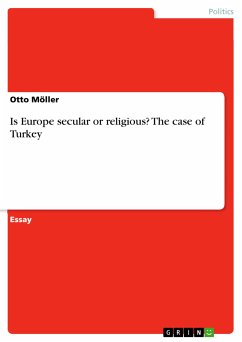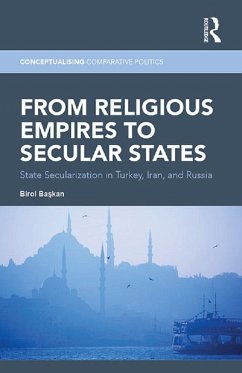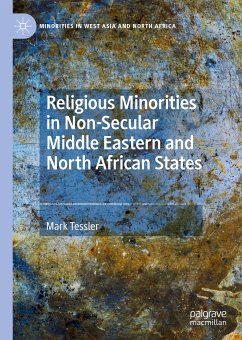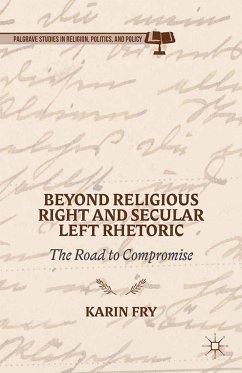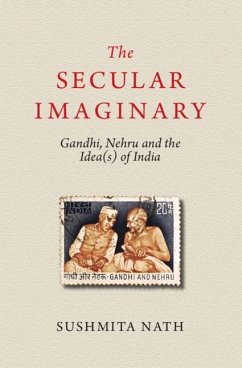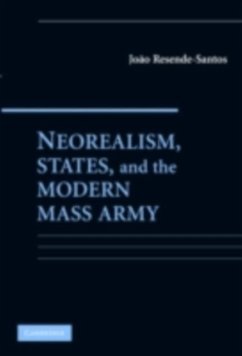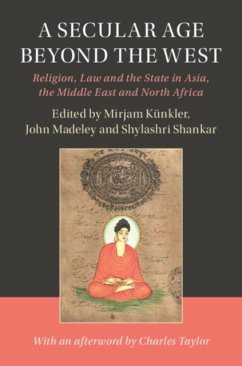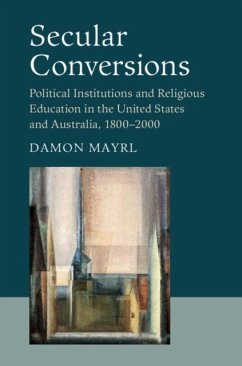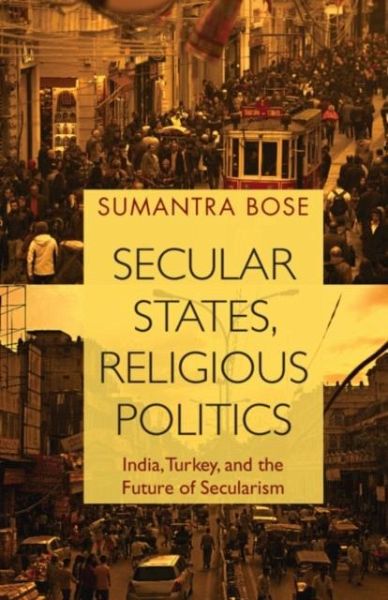
Secular States, Religious Politics (eBook, PDF)
India, Turkey, and the Future of Secularism
Versandkostenfrei!
Sofort per Download lieferbar
75,95 €
inkl. MwSt.
Weitere Ausgaben:

PAYBACK Punkte
38 °P sammeln!
A pioneering comparative study of the two major attempts to build secular states - where the state's constitutional identity and fundamental character are not based on or derived from any religious faith - in the non-Western world. This book explains the origins, evolution and latterly the decline of secularism as a core principle of the state in India and Turkey. The anti-secular political transformations of the twenty-first century are the rise of a Sunni-Islamist definition of Turkish national identity to hegemonic power, and Hindu nationalism as India's pre-eminent political force. Both se...
A pioneering comparative study of the two major attempts to build secular states - where the state's constitutional identity and fundamental character are not based on or derived from any religious faith - in the non-Western world. This book explains the origins, evolution and latterly the decline of secularism as a core principle of the state in India and Turkey. The anti-secular political transformations of the twenty-first century are the rise of a Sunni-Islamist definition of Turkish national identity to hegemonic power, and Hindu nationalism as India's pre-eminent political force. Both secular-state models adopted a similar operational doctrine of state intervention in and regulation of the religious sphere, rather than a Western-style separation of church and state. But, Turkish state-secularism took a culturally deracinated and harshly authoritarian form that led to its failure, whereas India's secular state - though flawed in practice - followed a culturally rooted and democratic path that makes secularism indispensable to India's future.
Dieser Download kann aus rechtlichen Gründen nur mit Rechnungsadresse in A, B, BG, CY, CZ, D, DK, EW, E, FIN, F, GR, HR, H, IRL, I, LT, L, LR, M, NL, PL, P, R, S, SLO, SK ausgeliefert werden.





